In the past four months, two of the most important criteria for democracy in the contemporary sense have reached opposite extremes in Macedonia. The first one is the strength of civil society, which is currently at its absolute highest since independence in 1991, mainly thanks to the emergence of the Student Plenum: an ad-hoc student movement founded in response to a controversial bill on high education. The second one is the freedom of press, which is sadly at its absolute lowest ever following an all-out media offensive by the government, which attempted to undermine the Plenum by labeling its members as ‘misguided and politically motivated’ and instructing government-controlled media (which is about 80% of nationwide electronic media) to forego coverage of its activities.
In the meantime, the government has dramatically changed its strategy by postponing the controversial bill and including the Plenum into the writing process. In spite of this, students still continued to occupy universities, refusing to back down until the external evaluation section of the bill was permanently withdrawn. This finally occurred yesterday. Meanwhile, as if the situation was not turbulent enough already, the opposition has released audio tapes indicating large-scale wiretapping of over 20,000 Macedonian citizens and incriminating top members of the government and judiciary. This article examines the implications of the student resistance for Macedonian civil society in light of the wiretapping scandal.

Local experts are quite united in arguing that the Student Plenum is the best thing that has happened to the country in a long time. Students’ outcry against what they perceived to be an unconstitutional reform has been strongly supported by their parents, grandparents and neighbors. Indeed, the student resistance has finally managed to unify Macedonia’s deeply divided society around a common cause. The Plenum has made Macedonia proud through its intelligent non-hierarchical leadership structure intended to evade the government’s elaborate suppression mechanism; the mature rhetoric which has discredited the government’s dismissal of them as ‘a bunch of kids’; and their commendable determination in the face of vigorous attacks by pro-government journalists. The Plenum’s perseverance finally bore fruit yesterday with the government’s official withdrawal of the external evaluation proposal marking a resounding victory for all of Macedonia.
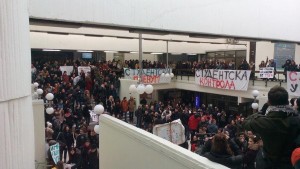
However, the magnitude of the students’ victory goes much farther – they also managed to wake Macedonia’s long-time hibernating civil society, a mission that appeared impossible only four months ago. Ever since the beginning of the student resistance, Macedonia has witnessed a plethora of open civil outcries in various segments of society which were highly unlikely to happen in the toxic amalgam of fear and indolence that preceded the formation of the Plenum. This rather abrupt, but nevertheless striking dose of courage may well have been exactly what empowered the opposition to go forward in releasing its incriminating materials. In short, the Plenum might have made a bigger difference in Macedonian society than most of the hotshot politicians who have walked on the country’s political stage in its 23 years of existence.
The changes the students have effected are by no means confined to the practical dimension. On the contrary, they also helped us restore our faith in our worth as a people which has inevitably diminished under the increasing poverty, brain drain, and EU-integration setbacks of the past decade. While Macedonia is experiencing enormous political turbulence, which is no more likely to make things better than to plunge the country into even more oppression and misery, it is good to know that there is a stronger-than-ever civil society ready to deal with whatever the future holds. And every Macedonian owes the Plenum a huge “thank you” for that.

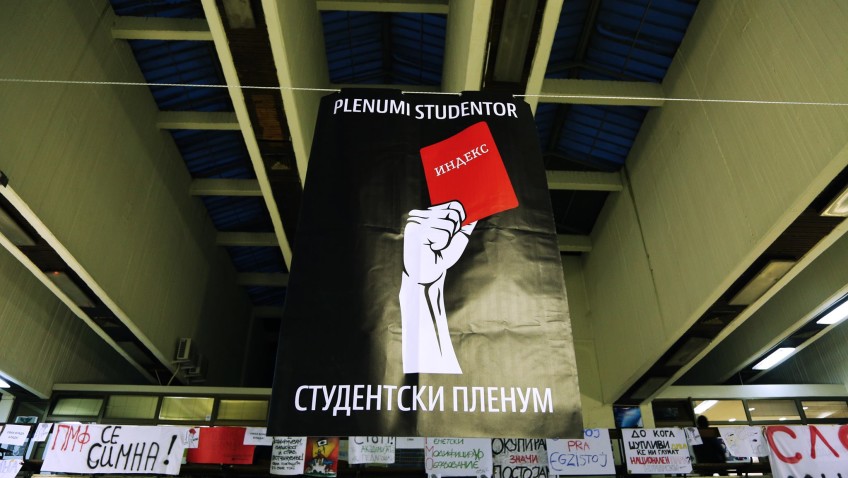

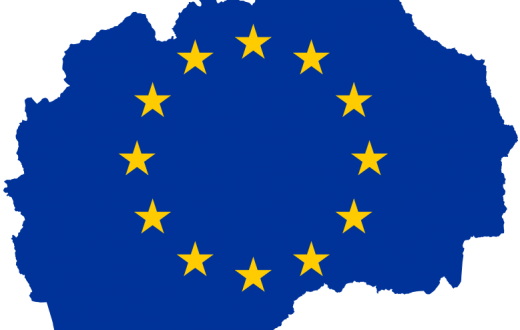

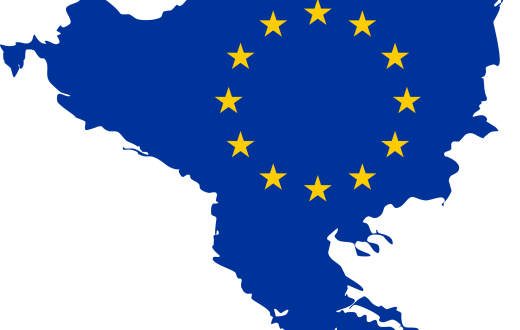
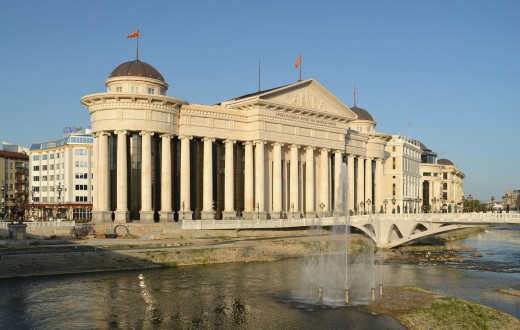
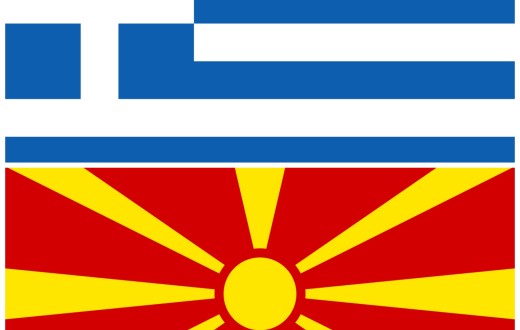
0 comments